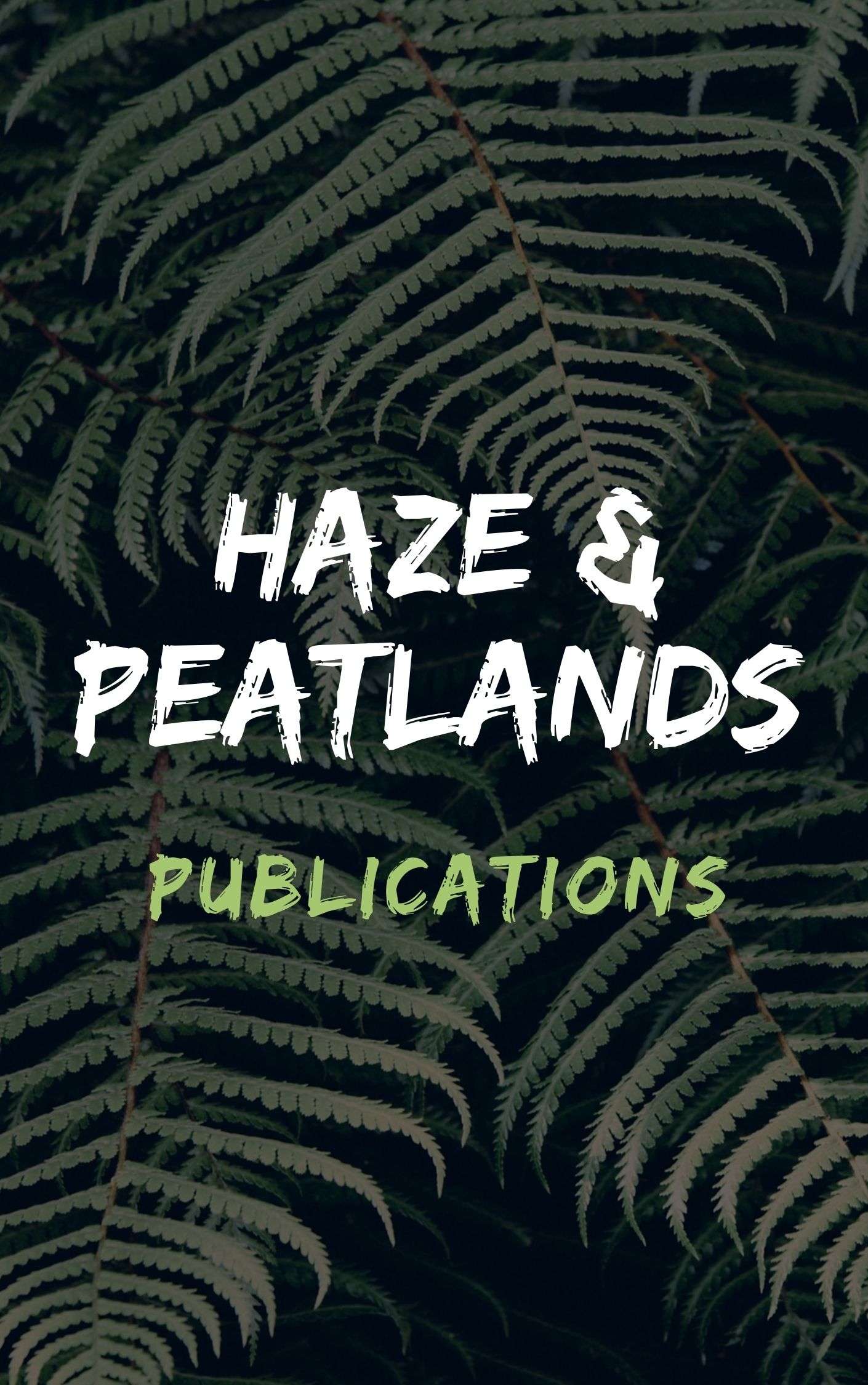Riau Province hosts the most extensive peatland on the Indonesian island of Sumatra, covering a land area of 4.044 million hectares which is almost 45 % of the province's total area. Natural peatland has unique hydrological characteristics which mean that it often becomes degraded rapidly when utilised for purposes such as plantations, agriculture and human settlements. On the other hand, communities of indigenous Malay people have derived their livelihoods from such land for many generations. Paludicultural agroforestry has emerged as a strategic new approach for effectively managing and improving the condition of degraded peatland that simultaneously offers solutions to several connected societal and ecological challenges. Recognising parallels with traditional systems for livelihood support, our research aims to explore how land management practices rooted in the culture of Malay people in Riau might inform the modern development of paludicultural agroforestry. In this article we describe 13 different land management systems from nine Malay village communities in Riau, and explore the cultural background from which they have evolved. The study sites are distributed across three regencies, namely Kepulauan Meranti, Bengkalis and Indragiri Hilir.
View source

